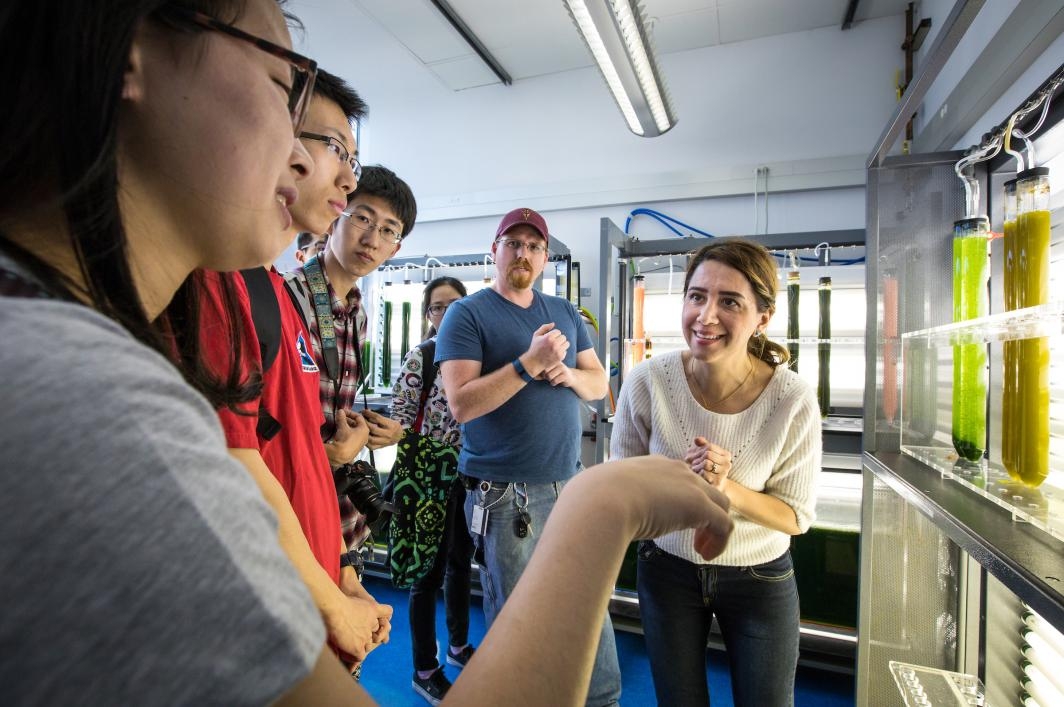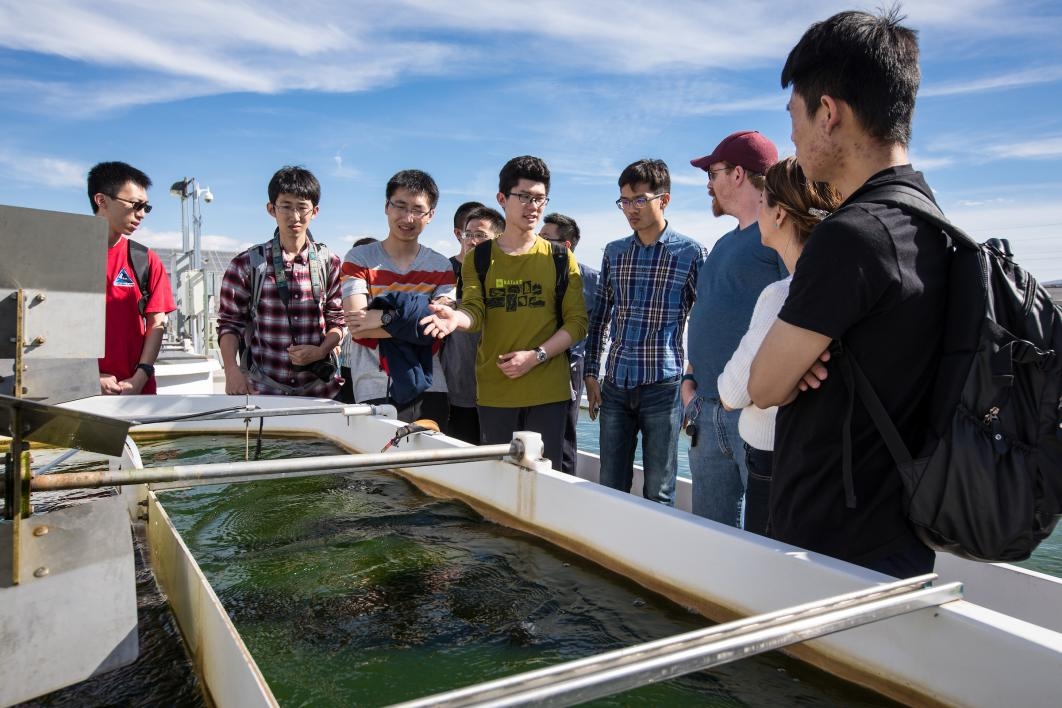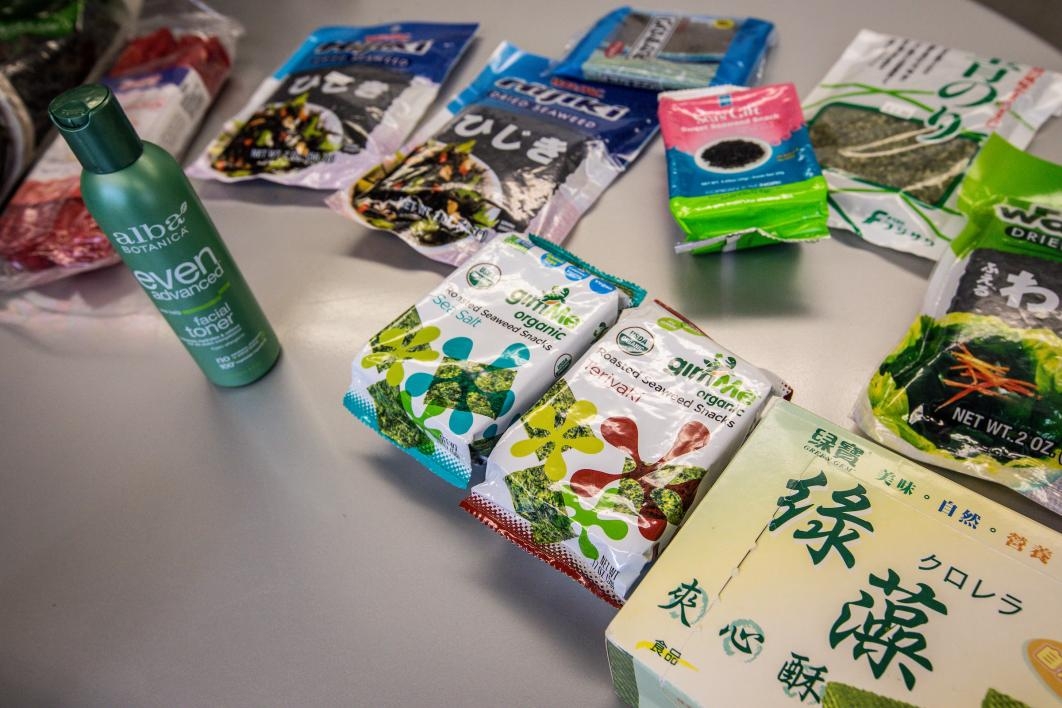ASU sustainability workshop inspires visiting Chinese scholars to find real-world solutions
Students from Beihang University took part in role-playing games, watched documentaries and toured Arizona sites
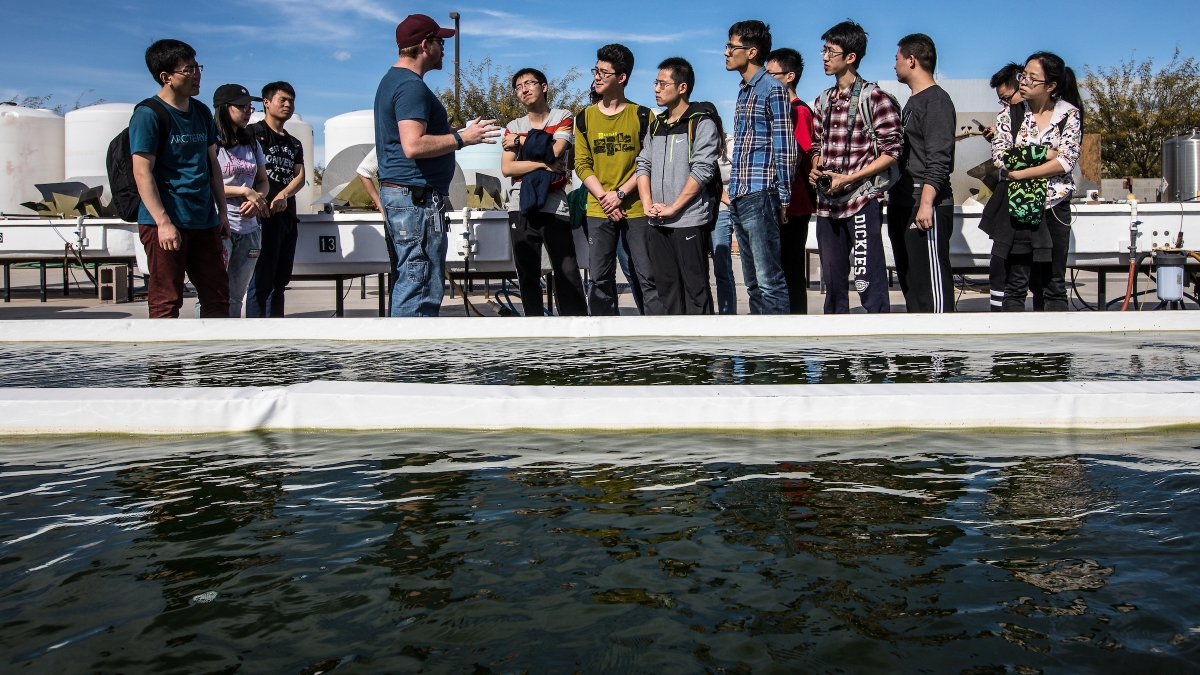
A two-week workshop at Arizona State University's School of Sustainability brought students from China a new way of systems thinking to analyze complex sustainability problems.
The 16 students came from Beijing's Beihang University, an elite research university known for launching the first light passenger aircraft in China in 1950s.
“The thing about these students that is most impressive is that they’re pretty serious engineering and math scholars who want to find solutions to the planet’s current and future sustainability challenges,” said Ryan Johnson, executive director for the School of Sustainability's Executive and Professional Education.
Professor Marty AnderiesMarty Anderies is a professor in both the School of Sustainability and the School of Human Evolution and Social Change, the latter in the College of Liberal Arts and Sciences. He is also a senior sustainability scientist in the Julie Ann Wrigley Global Institute of Sustainability and associate director of the Center for Behavior, Institutions and the Environment. introduced to students key sustainability challenge areas of food, water, energy and urbanization from the local to the global scale. His sustainability class was a combination of learning activities: documentary and dialogue, interactive role-playing games, field trips and lectures.
By watching short documentaries, students got to dive into specific cases on sustainability. For instance, “Soil Carbon Cowboys,” created by ASU professor of practice Peter Byck, shows how ranchers in Mississippi, North Dakota and Canada regenerate their soils while making their animals healthier and their operations more profitable.
Students also spent a class session playing an interactive Resilience Game that put the students into the role of city managers trying to solve problems such as walkability, air quality, aging infrastructure and sense of community.
“They’ve been extremely engaged,” said Anderies, also noting that the students could well comprehend mathematical analysis in class.
The students were living in Arizona during Chinese Lunar New Year break, and an authentic Chinese meal in Mesa and a performance by a Chinese-American string quartet didn’t disappoint.
“Everything went smoothly, and I also feel very safe on campus,” sophomore Tianzhi Yang said.
Whether it was the First Fridays art walk in downtown Phoenix, a tour to the Native American archaeological site Pueblo Grande or even a special sustainability tour to Chase Field, the group got to experience a taste of the American Southwest, both ancient and modern.
Team lead Jianglong Zhang is a doctoral student at Beihang University who helped design this partnership workshop. He said they chose ASU because the university is well-known in academia in China for its leading research and heavy focus in sustainability.
Top photo: Doctoral student Everett Eustance (center left) tells a group of 16 students from Beihang University about ASU's work in researching algae as both a biofuel and as protein and carbohydrate food source at the Polytechnic campus on Feb. 7. Photo by Charlie Leight/ASU Now
More Science and technology

The science behind chronic stress
Stress comes in many shapes and sizes. There’s the everyday stress of preparing for a final exam or being stuck in traffic. And the more significant stress of losing a friend, family member,…
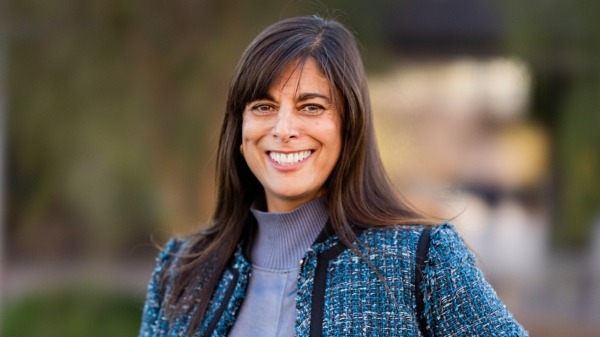
ASU planetary scientist to be inducted into the National Academy of Sciences
The National Academy of Sciences is inducting School of Earth and Space Exploration Director Meenakshi Wadhwa into the 2023 class of new members for her pioneering work in planetary sciences and…
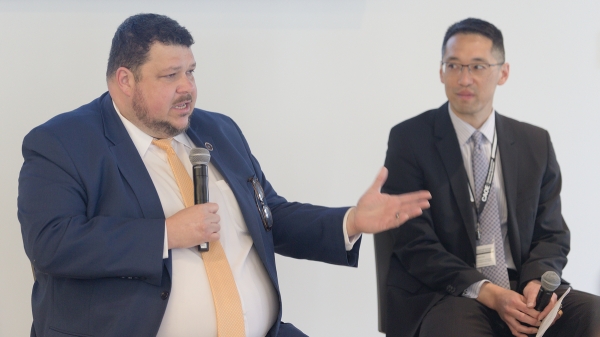
Unlocking the potential of AI for homeland security
“Can we do what we're doing now cheaper, more efficiently, more effectively?” Adam Cox, director in the Office of Strategy and Policy at the Department of Homeland Security Science and Technology…
